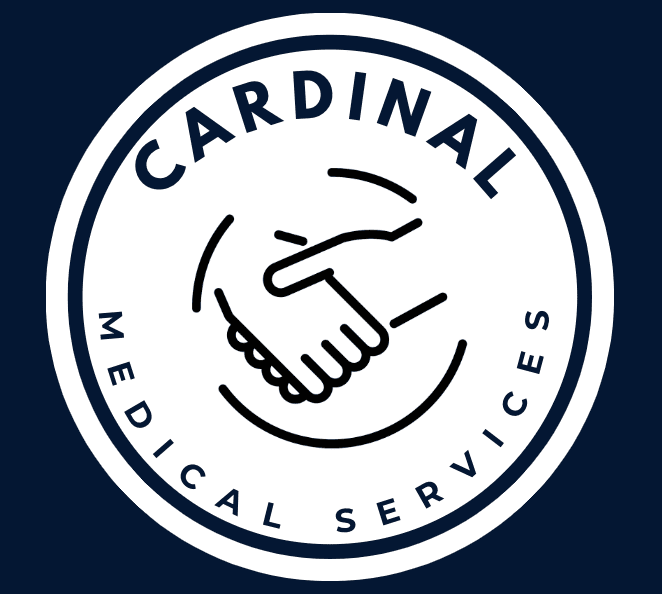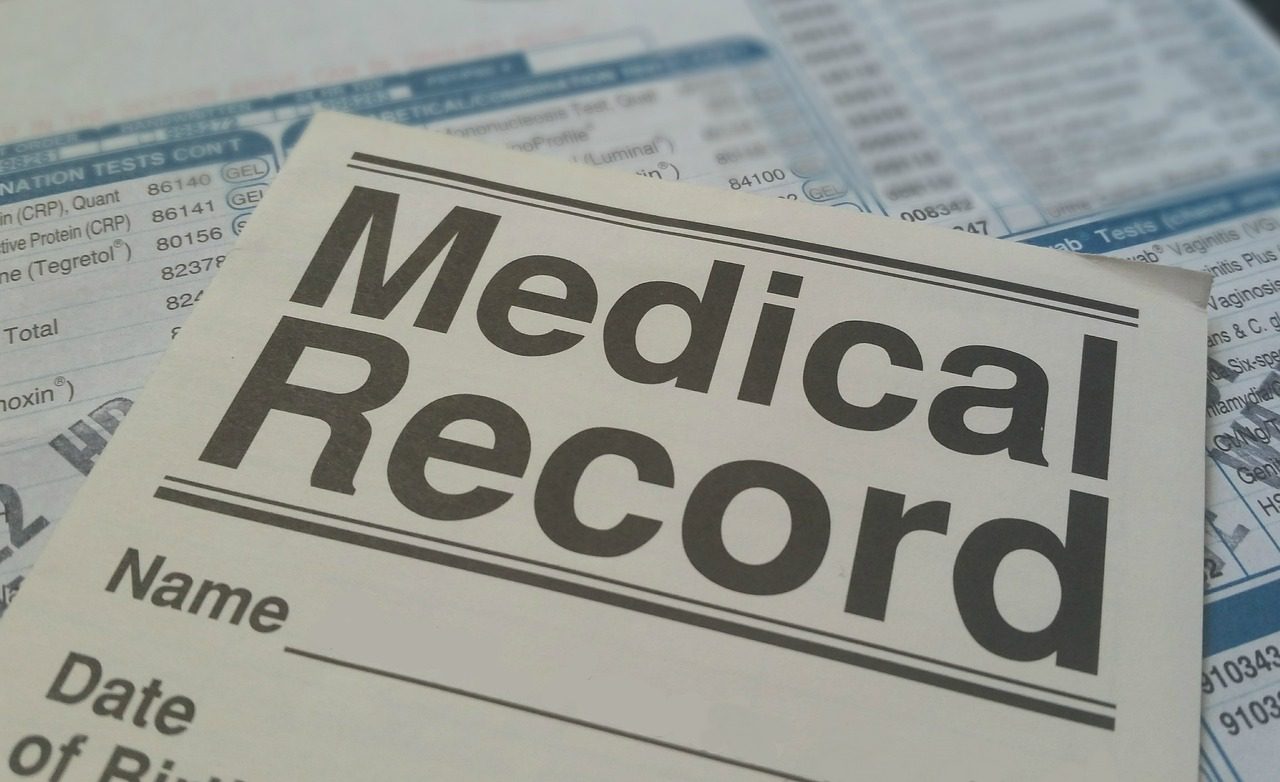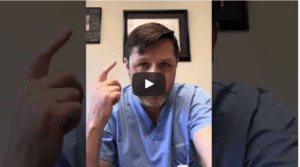
Unlocking Insights: Understanding Disease Progression With Medical Timeline Creation

In the realm of medicine, understanding the progression of diseases is crucial for effective diagnosis, treatment, and management. Just like a detective piecing together clues to solve a mystery, healthcare professionals often rely on various tools and techniques to unravel the complexities of disease progression. One such powerful tool gaining traction in the medical field is the creation of medical timelines. These timelines offer a structured representation of a patient's medical history, providing valuable insights into the evolution of their condition over time. Today, we delve into the significance of medical timelines and how they aid in understanding disease progression.
The Importance of Medical Timelines:
Imagine a patient presenting with a set of symptoms. While these symptoms may offer valuable initial information, they only provide a snapshot of the patient's current state. To truly comprehend the trajectory of a disease, healthcare providers need to delve deeper into the patient's medical history. This is where medical timelines come into play. By meticulously documenting key events such as symptom onset, diagnostic tests, treatment interventions, and disease milestones, medical timelines offer a comprehensive overview of the patient's journey.
Understanding Disease Dynamics:
Disease progression is rarely linear. It involves a complex interplay of factors influenced by genetic predisposition, environmental triggers, lifestyle choices, and therapeutic interventions. Medical timelines allow healthcare professionals to visualize these dynamics, identifying patterns, triggers, and exacerbating factors that contribute to disease progression. For chronic conditions such as diabetes, cardiovascular disease, or autoimmune disorders, tracking changes over time is paramount for devising personalized treatment plans and monitoring efficacy. Additionally, they can help plan what the future costs may be needed for a specific individual.
Facilitating Collaborative Care:
In today's healthcare landscape, collaboration among multidisciplinary teams is fundamental for delivering optimal patient care. Medical timelines serve as a common language, facilitating communication and knowledge-sharing among various healthcare providers involved in the patient's care continuum. From primary care physicians and specialists to nurses, pharmacists, and allied health professionals, everyone gains valuable insights from the structured format of medical timelines, enabling informed decision-making and coordinated care delivery.
Empowering Patients:
Beyond its utility in clinical settings, medical timelines also empower patients to take an active role in managing their health. By visualizing their medical journey, patients gain a deeper understanding of their condition, treatment options, and prognosis. This fosters patient engagement, adherence to treatment regimens, and informed decision-making regarding lifestyle modifications and healthcare choices. Moreover, sharing medical timelines with patients promotes transparency and strengthens the patient-provider relationship, fostering trust and collaboration.
Harnessing Technology for Enhanced Insights:
Advancements in technology have revolutionized the way medical timelines are created and utilized. Electronic health records (EHRs), digital health platforms, and mobile health apps offer seamless integration of patient data, enabling real-time updates and remote access to medical timelines. Artificial intelligence (AI) algorithms can analyze vast amounts of patient data, identifying subtle patterns and trends that may escape human observation. Additionally, wearable devices and remote monitoring technologies provide continuous data streams, enriching medical timelines with granular insights into patients' daily lives and health behaviors.
In the quest to unravel the mysteries of disease progression, medical timelines emerge as invaluable tools, offering a structured framework for understanding the complexities of patient journeys. By documenting key events, tracking changes over time, and fostering collaboration among healthcare providers and patients, medical timelines pave the way for personalized, evidence-based care delivery. As technology continues to evolve, harnessing the power of medical timelines holds immense promise for enhancing diagnostic accuracy, treatment efficacy, and ultimately, improving patient outcomes in the ever-evolving landscape of healthcare.
P.S. If you ever have any questions about medical timelines that you may need constructing, please feel free to call or text Dr. Lawler at 619-241-4942.
Share This Post On:
Recent Posts
© 2026 Cardinal Medical Services, Inc. All rights reserved.









